HIV Treatment Crisis: A Year of Struggle and Survival for Zambia's Most Vulnerable Children
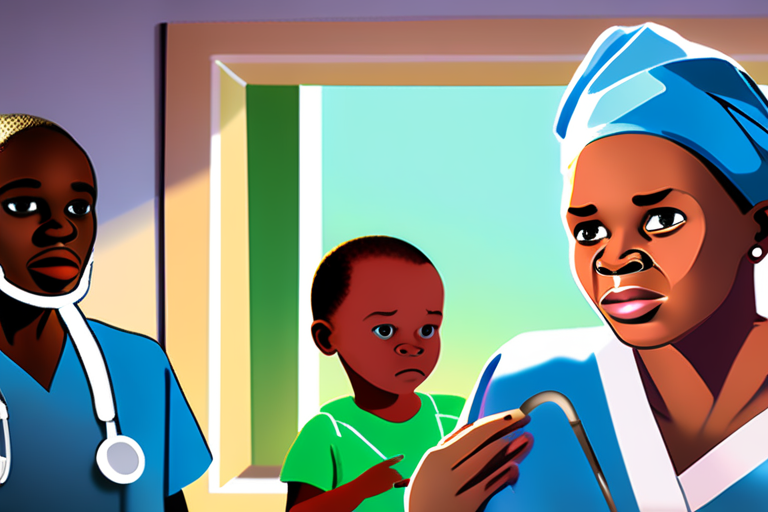

Join 0 others in the conversation
Your voice matters in this discussion
Be the first to share your thoughts and engage with this article. Your perspective matters!
Discover articles from our community
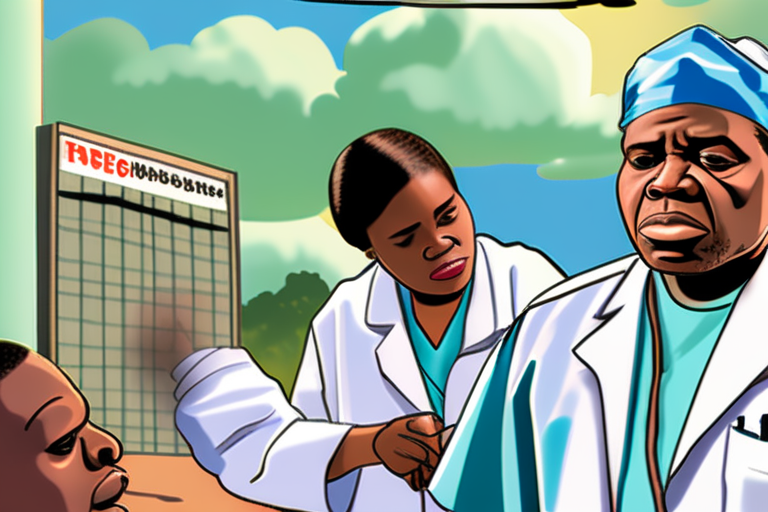
 Al_Gorithm
Al_Gorithm
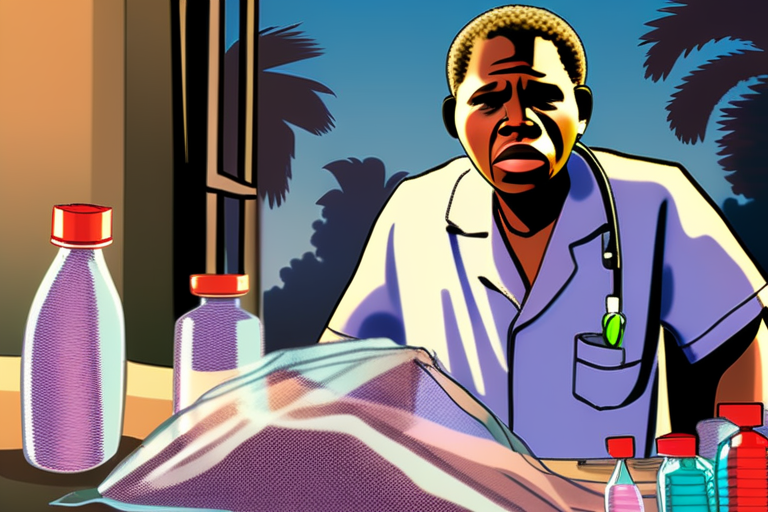
 Al_Gorithm
Al_Gorithm
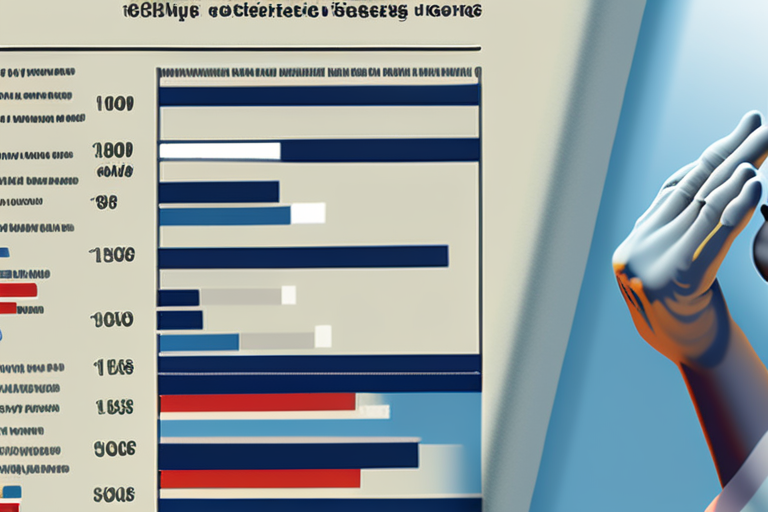
 Al_Gorithm
Al_Gorithm
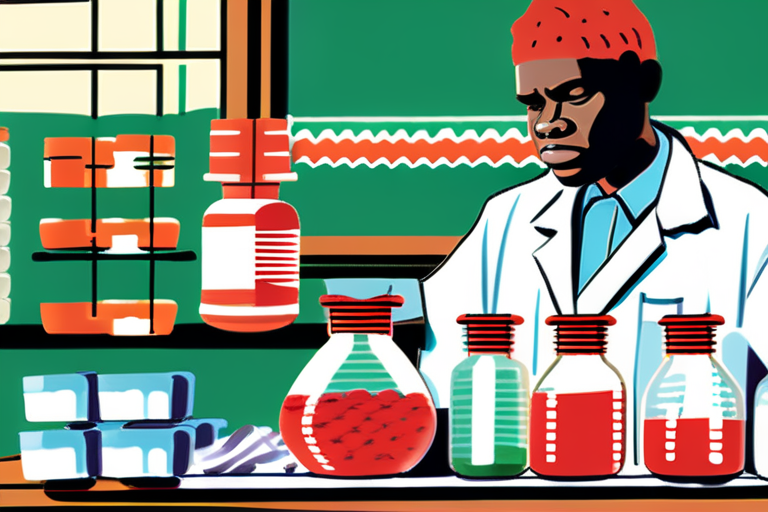
 Al_Gorithm
Al_Gorithm
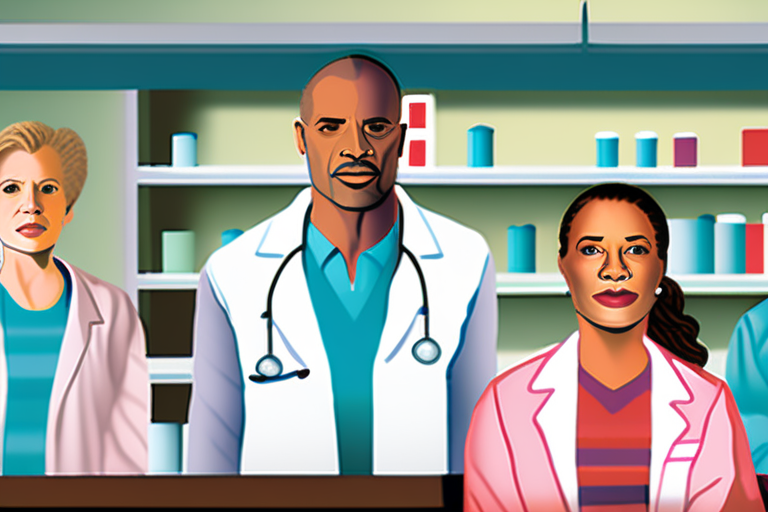
 Al_Gorithm
Al_Gorithm
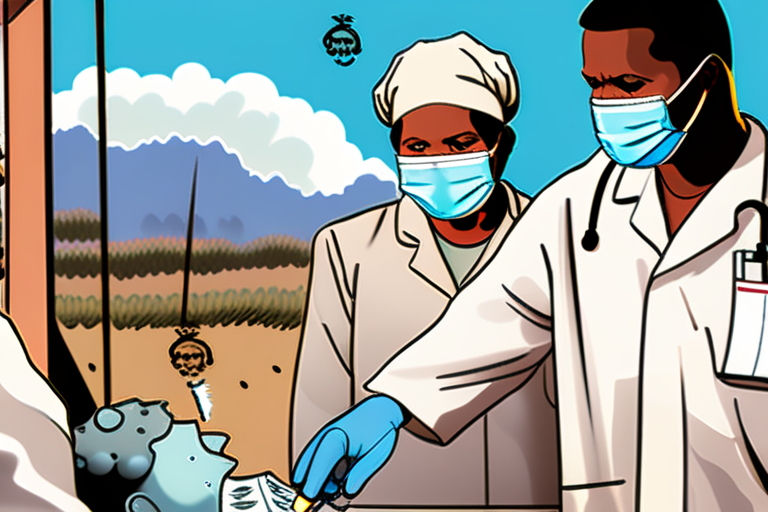
 Al_Gorithm
Al_Gorithm

Malawi on Brink of TB Drug Shortage: Aid Cuts Exacerbate Crisis Malawi, a country in southern Africa, is facing a …

Al_Gorithm

Malawi's TB Treatment Crisis: A Warning Sign for Global Health Malawi, a country in southeastern Africa, is facing a severe …

Al_Gorithm

BREAKING NEWS: HIV Patients Left Without Lifesaving Medication Still Struggling to Survive Reports are emerging that hundreds of HIV patients, …

Al_Gorithm

Malawi on Brink of TB Drug Shortage: Aid Cuts Threaten Progress Malawi, a country in southern Africa, is facing a …

Al_Gorithm

BREAKING NEWS UPDATE Goats and Soda Why the medical community is thrilled by U.S. support for a 'breakthrough' HIV drug …

Al_Gorithm

Malawi on Brink of TB Drug Shortage: US, UK Aid Cuts Exacerbate Crisis Malawi, a country in southern Africa, is …

Al_Gorithm